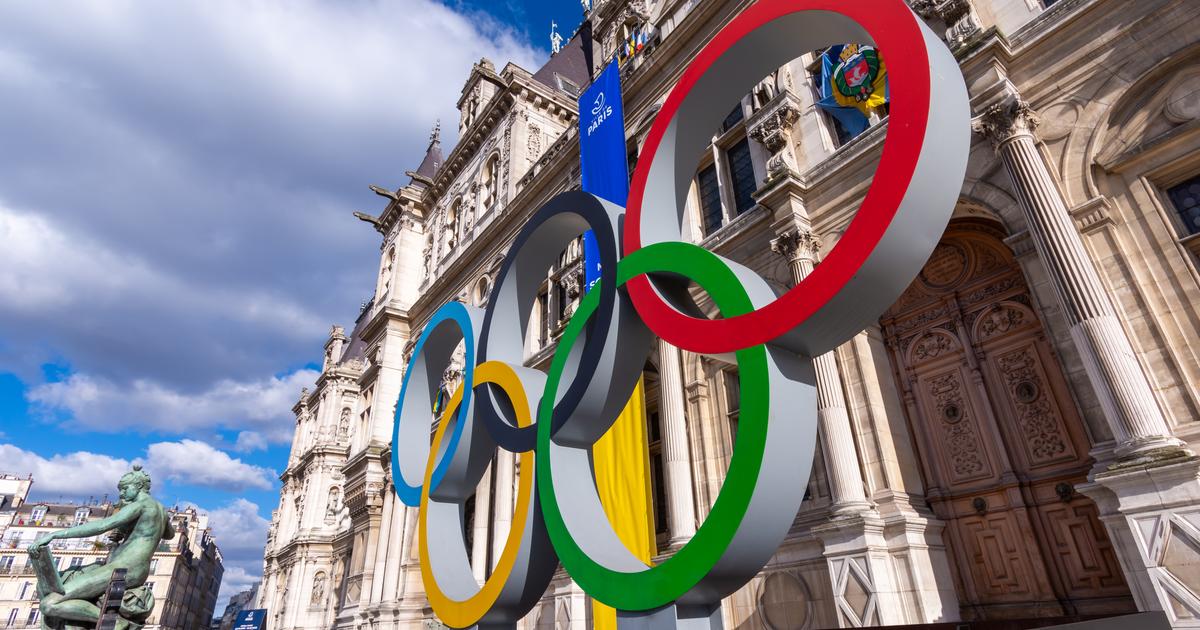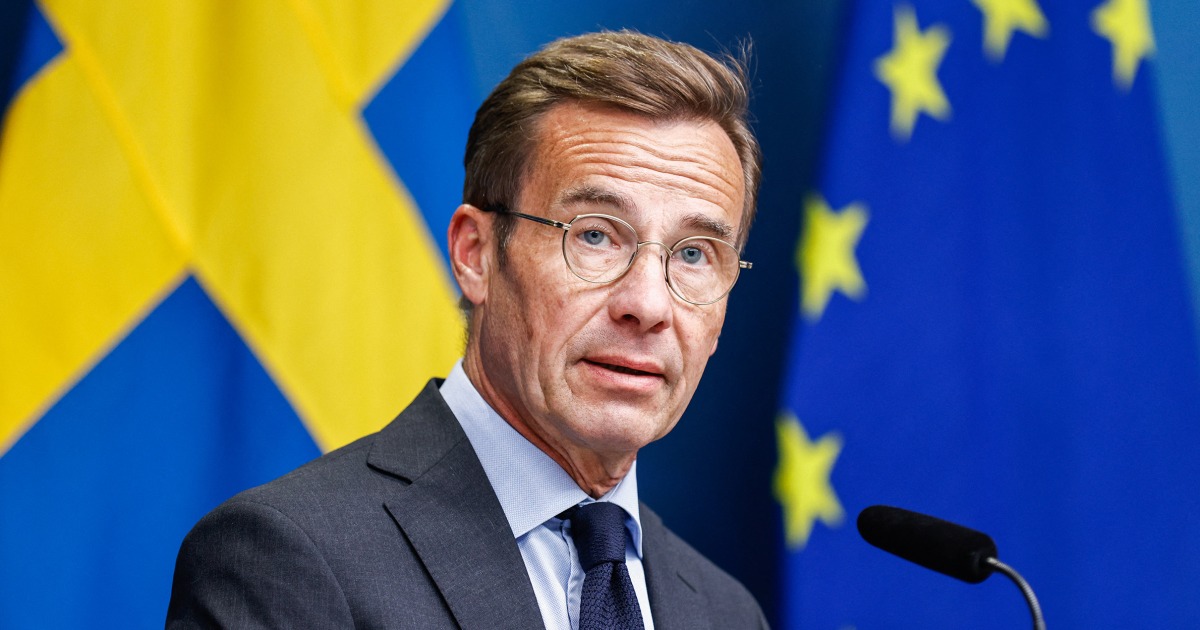It's too early even in this war.
All we know is that Vladimir Putin has ordered a brutal and unprovoked attack on Ukraine, a democratic state whose only crime was making a sovereign decision to move closer politically, socially and economically to the West.
As I write this, here at my desk in Berlin, I am regularly distracted by Twitter updates showing horrific scenes that seem to belong in Europe's 20th century history, not its 21st century present.
Russian helicopters fly over the suburbs of Kiev, where just a few weeks ago I was having coffee with relaxed, stoic Ukrainian friends who doubted Russia was really going to attack.
Traffic jams block the country's capital's Soviet-era boulevards as city residents seek safety to the west of the nation and the European Union — during an interview in Kiev last month, a contact he told me that he had planned an exit route through the alleys;
what seemed excessive then seems sensible now.
We may know little about what is happening and what will happen next.
But we do know this: Europe is at a historic turning point.
The political and security order of February 23 had been transformed by the dawn of February 24, and with it Putin's grotesque speech to the Russian people stating that he was attacking to "defend people who have been victims of abuse and genocide."
The world had changed.
The story had taken a new turn.
But a turn to what?
More information
Russia attacks Ukraine.
Last hour of the conflict
In Ukraine itself, the horizon looks dark.
The president of Russia seems to want a regime change.
In his speech this morning he said: "We will strive to demilitarize and denazify Ukraine."
He appears to want to topple the pro-Western order that has run the country since he first attacked it in 2014, after protests ousted pro-Russian Viktor Yanukovych from power for blocking an association deal with the EU.
Foreign Policy
magazine
claims that multiple Western espionage sources have predicted that the invasion will lead to Russia arresting or killing large numbers of pro-democracy and anti-corruption activists and politicians.
A horrible thought, but one that expresses the new international reality.
It is also hard to imagine Putin replacing Ukraine's democratic government with something stable.
The majority of the country supported the course towards the West.
A pro-Kremlin government would not be safe, nor would it enjoy any type of established consent.
It is very likely that there will be a war between parties – Ukraine has a long history in this regard, dating back to the Second World War.
It would mean a struggle and suffering in a large European country of some 43 million people that would last not weeks but years, a country whose only "crime" is to have tried to decide its own future.
In any case, Putin's attack will have other important repercussions.
It is likely to spark Europe's biggest refugee crisis since the aftermath of World War II.
US estimates suggest that up to five million people will flee the country for the EU.
There are already queues of cars at the borders of Slovakia and Poland.
Europe must welcome these immigrants and give them shelter for as long as they need it.
Let new neighborhoods like Little Kiev emerge in major EU cities, preserving the flame of Ukrainian culture and identity.
War could also create international “grey zones”, fields of conflict where no national jurisdiction is in control, spaces where arms and drug smuggling can flourish.
This is also a threat that needs to be managed.
Then there is the broader European picture.
How will the conflict spread to other countries?
The destabilizing effects of the war between Russia and Ukraine could easily spread to other parts of the continent.
Putin's military expansion has already turned Belarus into a quasi-colony of Moscow.
This threatens the narrow Suwalki corridor, the 100-kilometer stretch of border between Poland and Lithuania that connects the Baltic states with the rest of the EU and NATO.
To the north, the long-neutral states of Finland and Sweden are considering joining NATO.
To the south, Russia's attack will also soon draw in Transnistria, another Russian-controlled breakaway strip of Moldova, as well as Ukraine, a former Soviet republic now seeking a better future as part of Europe.
The conflict in Ukraine could also aggravate tensions in the Balkans and especially in Bosnia, where local Serb leaders are now trying to break away from the federal structure created by the 1995 Dayton Accords.
The West will impose severe sanctions on the Putin regime.
Germany has already suspended the crucial Nord Stream 2 gas pipeline between Russia and its own northern coast.
Indeed, across the continent politicians who were once sympathetic to Moscow seem to be reconsidering their views.
Rolf Mützenich, a German Social Democrat long known as a
dove
in Russia, now calls Putin a "war criminal."
Miloš Zeman, the president of the Czech Republic and an old friend of the Kremlin, now calls for tougher sanctions against Russia.
Time will tell if these apparent conversions last, but Europe seems to be undergoing a transformation in its foreign policy,
In Russia itself the picture is bleak.
The Moex stock index plummeted when it was confirmed that Russian forces were attacking Ukraine.
The EU, the US and the UK are rightly acting against the oligarchs close to the Putin regime.
This could even destabilize the regime itself.
What if the oligarchs mobilize against the president, fed up with their fabricated conflicts with the West hurting his business?
What if ordinary Russians tire of Western sanctions caused by Putin's provocations?
The result could be turmoil and instability in the country with the most nuclear warheads, a prospect that is simultaneously welcome — Putin appears to have lost touch with reality — and alarming — Russia has more warheads than any other country,
And what about the global balance of power?
There is no doubt that NATO will now strengthen its eastern flanks, adding forces in the Baltic states, Poland and perhaps Romania.
In general, Eastern Europe will form a much sharper dividing line between the Western alliance, on the one hand, and Russia, Belarus, and any puppet governments in Ukraine, on the other.
And then there is the larger world picture.
China will watch closely as Putin destroys Ukraine.
Precedents set in Donbas and around Kiev will shape Beijing's own designs in Taiwan.
And also for decades to come.
In other words, the world has changed.
Putin is in the process of violently alienating Ukraine from the West, an attack that must be met with uncompromising sanctions.
Western governments must prepare their people for the costs of these changes and Moscow's objections.
In response to those objections, they must convey a clear message.
Ukraine is a democratic country, which sought to forge its own path, and is now being invaded, tortured and mutilated in response.
It deserves our support.
Not because he is likely to win — Russia's defense spending is about 10 times that of Ukraine — but because he deserves to fight with dignity and with the support of other democracies.
Whether he does or not will mark the decades to come.
Jeremy Cliffe
is international editor for
The New Statesman
and a contributor to Agenda Pública.
Exclusive content for subscribers
read without limits
subscribe
I'm already a subscriber

/cloudfront-eu-central-1.images.arcpublishing.com/prisa/3ODRQIBKXI7WSJWKKXRLJAU6AM.jpg)


/cloudfront-eu-central-1.images.arcpublishing.com/prisa/A3YDYU4V53UTFYSXGXDJQG7SRY.jpg)









